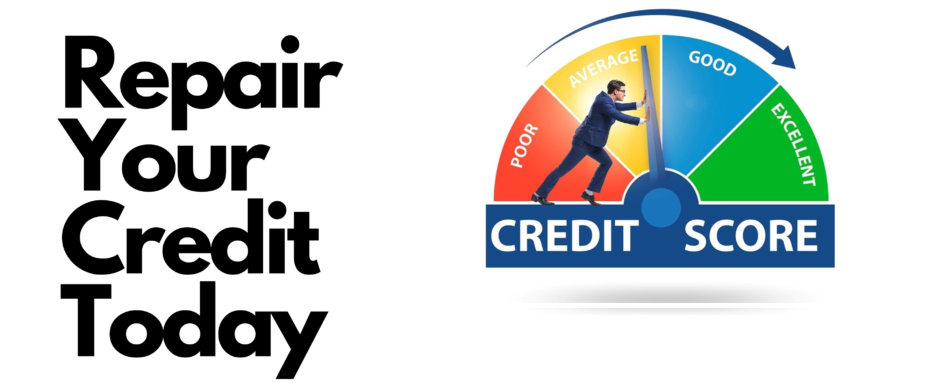Are you prepared for the US economy to fall into a recession? In this blog post, we will explore how this potential downturn could impact you, your finances, and your future. Additionally, we will discuss the role of monetary policy in exacerbating the challenges faced by US consumers. So, sit tight and learn what steps you can take to navigate through these uncertain times.
Prepare For The US Economy to Fall into a Recession: Monetary Policy To Further Punish US Consumers
Introduction
In these uncertain times, it is crucial for individuals to be prepared for potential economic downturns. As the US economy teeters on the brink of a recession, it is vital to understand the impact of monetary policy on US consumers. This article will review a video created by ClearValue Tax that provides valuable insights on how to navigate through these challenging times and protect oneself financially.
Understanding the Current Economic Climate
The first step in preparing for a potential recession is to have a comprehensive understanding of the current economic climate. ClearValue Tax’s video does an excellent job of outlining the factors that contribute to an impending recession. It highlights the impact of monetary policy on the US economy, specifically on consumers.
The Role of Monetary Policy
Monetary policy, controlled by the Federal Reserve, plays a significant role in shaping the economy. The video emphasizes how changes in interest rates and money supply can affect consumer behavior and overall economic stability. By implementing contractionary monetary policy, the Federal Reserve aims to curb inflation but inadvertently harms consumers in the process.
Impact on US Consumers
The video created by ClearValue Tax highlights the adverse effects of monetary policy on US consumers. As interest rates rise, borrowing becomes more expensive, making it harder for individuals to secure loans for major purchases like homes or cars. This directly impacts the housing and automotive industries, leading to decreased demand, job losses, and economic contraction.
Taking Precautionary Measures
Recognizing the potential repercussions of a recession is crucial in taking precautionary measures to safeguard one’s financial well-being. ClearValue Tax’s video offers insightful advice on how consumers can navigate through these challenging times.
Steps to Take
Build an Emergency Fund: It is essential to have a financial safety net in case of unforeseen circumstances. Start saving a portion of your income regularly to create an emergency fund.
Diversify Investments: Spread your investments across different asset classes to mitigate the risk of losing all your assets during a recession. Explore options like stocks, bonds, and real estate.
Reduce Debt: As interest rates rise, the cost of servicing debt increases. ClearValue Tax suggests paying down high-interest debt to reduce financial strain during an economic downturn.
Cut Back on Non-Essential Expenses: Evaluate your spending habits and identify areas where you can cut back on non-essential expenses. This will help you save money and have a more stable financial position.
Seek Professional Advice: Consult with financial professionals to gain insights into various investment strategies and tax planning. Their expertise will help you make informed decisions based on your individual financial situation.
Conclusion
In conclusion, being prepared for an economic recession is essential, especially in times where the US economy stands on the precipice of a downturn. ClearValue Tax’s video offers valuable insights on the impact of monetary policy on US consumers and provides practical tips for navigating through a recession. By following the suggested precautionary measures, individuals can better protect themselves financially and weather any potential economic storm that lies ahead.
Legal disclosure: I’m not a financial advisor, invest wisely and carefully. This material is for informational purposes only, consult professionals before engaging in any transaction. ClearValue Tax and affiliates do not provide tax, legal, or accounting advice. This post may contain affiliate links, where I may earn a small commission.
Sources:
- ClearValue Tax YouTube Channel: Link to the video






